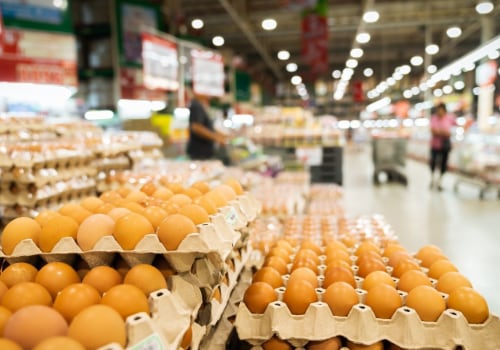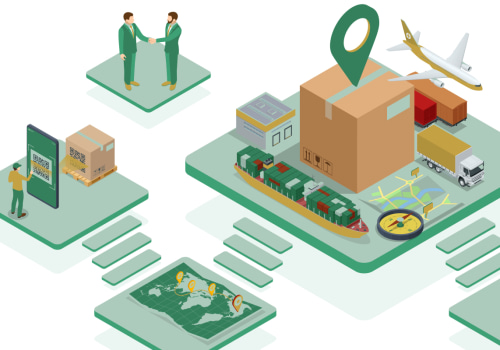Food obtained for a household or for a country, an expedition, etc. The production and movement of food from the point of origin to its use or consumption. Generalized alerts are often quickly recognized and sources of contaminated food are removed from the food supply, usually before many people have consumed them. Accidental or malicious contamination of food can be debilitating or, depending on the agent involved, fatal.
Domestic grain production for food, which depends largely on India's rainfall, fluctuates from year to year. First, the household must be able to obtain, through production or purchase, the types of food suitable for all members of the household. At the local and domestic levels, the market distribution system must be adequate to ensure that food is available in all markets. Some countries are too poor to buy food on the international market and therefore have a structural food deficit.
But if more food were produced because farmers had received higher prices, the poor, whose incomes would not have changed, would continue to suffer from hunger. In general, if there is too little food, it is the result of inadequate demand for food driven by poverty and not of market failure. While it is conceivable, for example, in some nuclear winter scenarios for global food production to fall so far below demand that even rich countries would not find enough food, such a supply shortage is highly unlikely to occur. Throughout the 1960s and 1970s, there was a Green Revolution in which scientists, through selective plant breeding, developed high-yielding varieties of key food crops, especially wheat, rice and corn.
A poor country with poor food production is vulnerable to transient influences that reduce domestic production or increase world market prices, since it cannot import the food it needs. One of the main threats to the poor's already insufficient food consumption is any temporary drop in real incomes. In some areas of the world, especially in South Asia, girls and women from poor households tend to receive less food than they need, even though the household has sufficient quantities. International organizations such as the United Nations and the World Bank play a key role in deciding what steps to take to avoid food shortages.
Influenced by the prominent English economist Thomas Malthus (1766-1883), people in the 19th century began to fear that planet Earth would not produce enough food for its growing population. Providing free midday meals to schoolchildren promotes enrollment and retention, as well as providing food security for children.







Leave a Comment